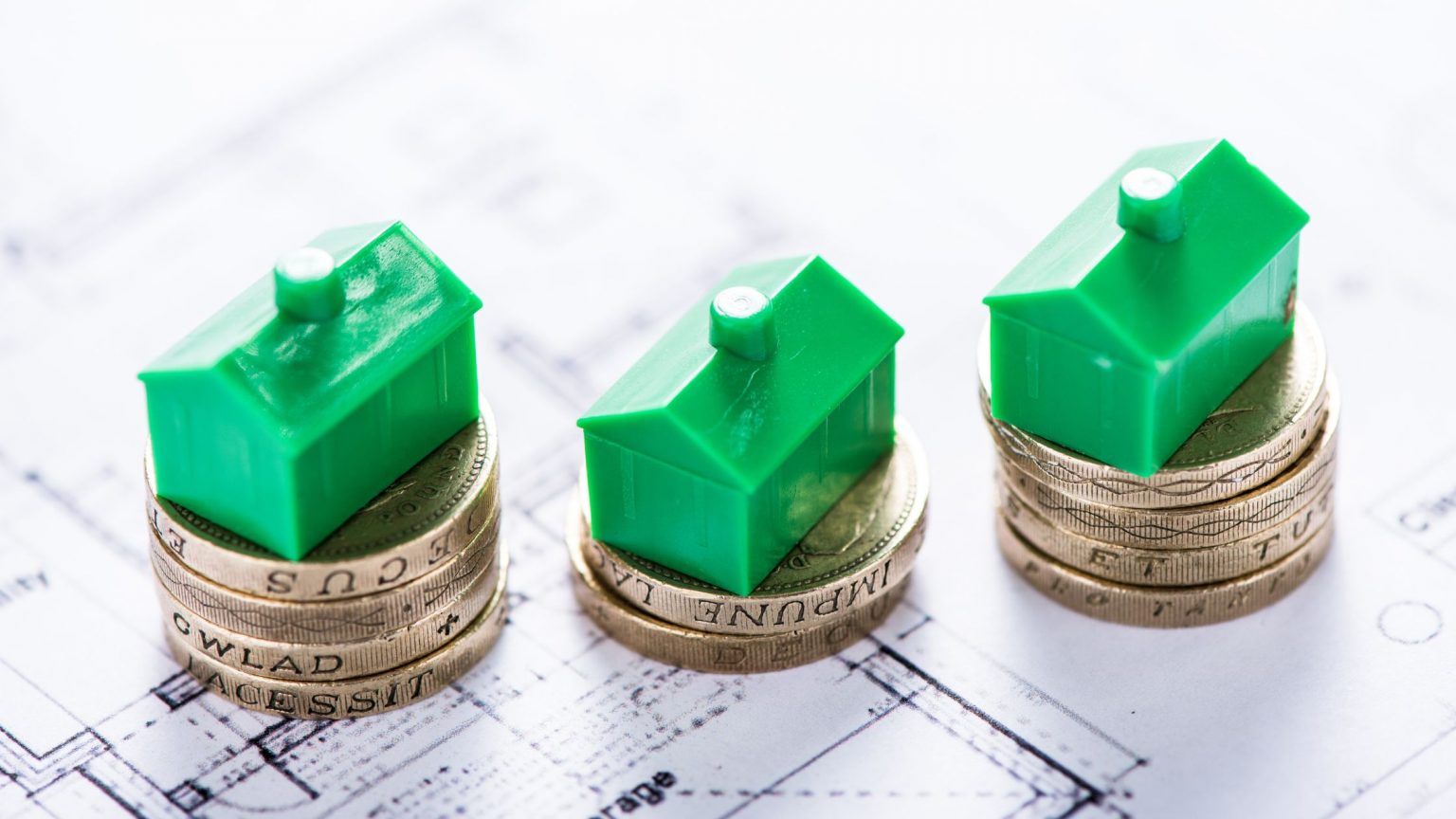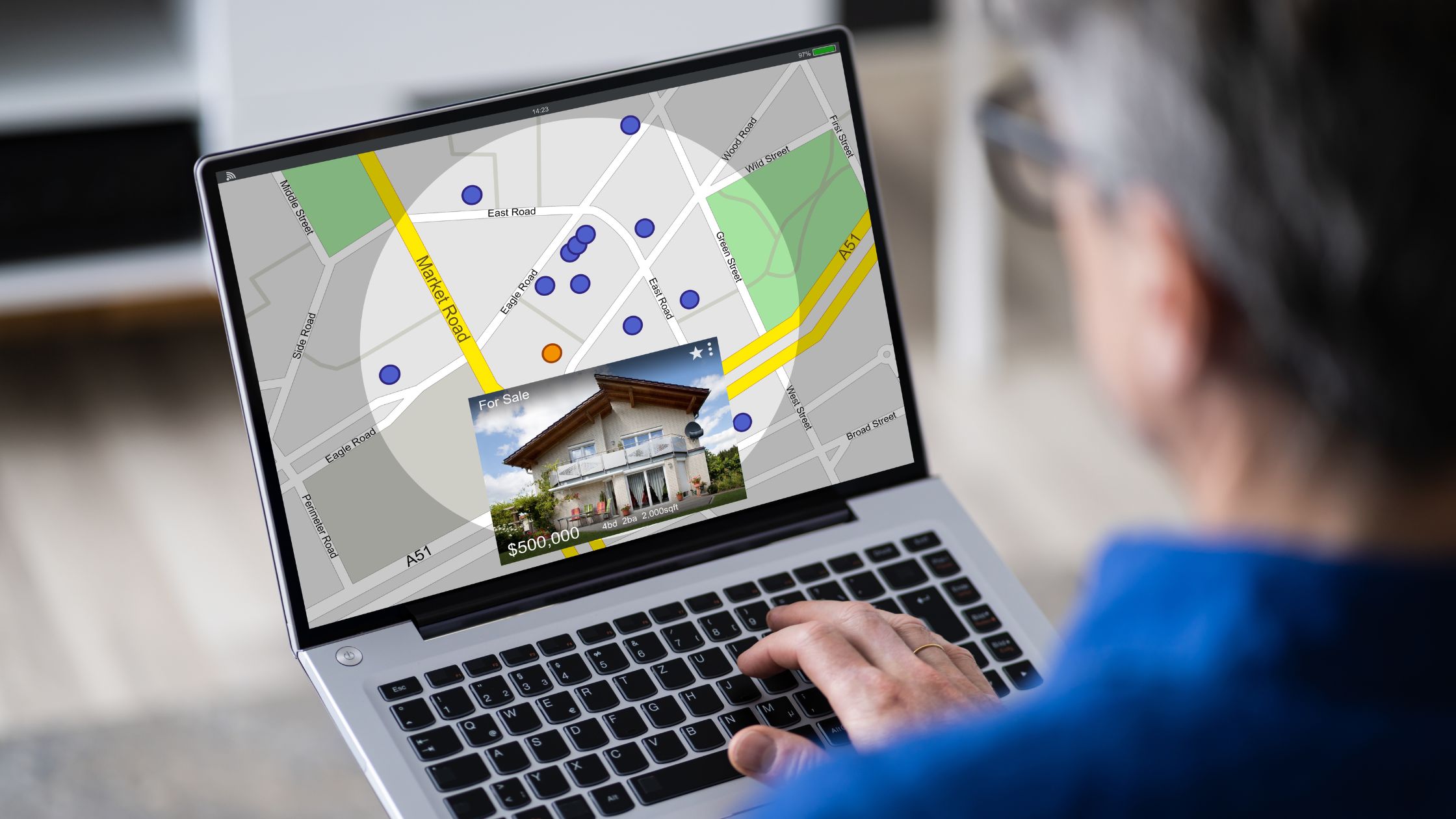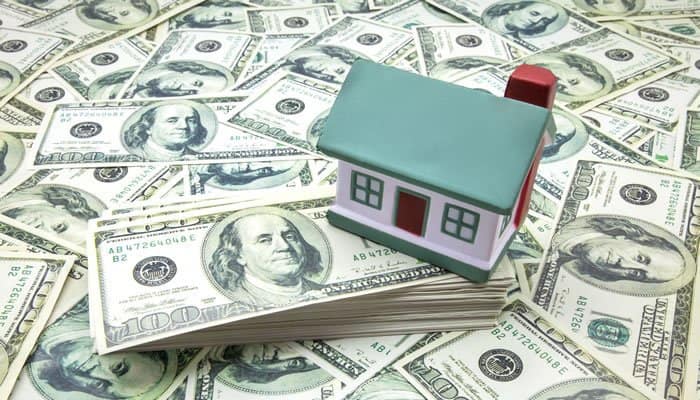It’s no secret that the more properties you own, the more you will owe in taxes. But what if there was a way you could sidestep those additional capital gains when buying a new investment property?
Well, 1031 exchanges make that possible! Also known as a like-kind exchange or a Starker exchange, a 1031 exchange allows real estate investors to swap out one of their investment properties for a similar one and avoid paying upfront capital gains taxes.
In order to do so, there are certain steps and guidelines investors must adhere to.
the process
Determine who your exchange facilitator will be. This qualified intermediary could be a CPA, real estate attorney, or bank who’s responsible for selling your original property and buying the new asset on your behalf. Be wary, as the facilitator will also hold the funds from the property you sell in escrow during the 45-day period. Once the transaction is complete, the deed is then transferred to you.
Identify the property you plan to sell and the property you would like to buy. Once you sell your original property, you have 45 days to find a replacement that is a like-kind property. By using the funds from the relinquished property to acquire the new property, there are no immediate tax consequences.
Inform the IRS of the exchange. When filing your taxes, you’ll need to fill out form 8824. This will provide the IRS with information on the relinquished property, the like-kind replacement property, and those involved in the transaction. It proves the guidelines of a 1031 exchange were met.
what is a like-kind property?
A like-kind property is one that is similar in value and nature to another and would qualify for a 1031 exchange. They may differ in quality or updates, but if they are the same property type, they are likely to be considered like-kind. For example, a single-family home is considered like-kind to another single-family home, an apartment building is like-kind to another apartment building, etc.
why use a 1031 exchange?
Beyond being able to defer capital gains, there are other reasons to look into a 1031 exchange. Some of these include:
- investing in a higher-value property than the one you plan to get rid of
- consolidating investment properties
- entering new housing markets
- resetting the property’s depreciation
- investing in multiple properties
the bottom line
A 1031 exchange is a tool that may prove to be very beneficial to real estate investors, depending on their circumstances, and is a way to sidestep taxes on particular transactions. However, as with any mortgage transaction, there are possible drawbacks. It’s important to discuss the pros and cons with your loan officer to determine if a 1031 exchange is right for you.
let’s get started
Use our free mortgage and amortization calculators to determine your monthly payment, including mortgage insurance, taxes, interest, and more.
To get started with the mortgage loan process, get a free rate quote or fill out our online loan application to get pre-approved!
No SSN required. Zero impact to credit. Your Information is never sold.



